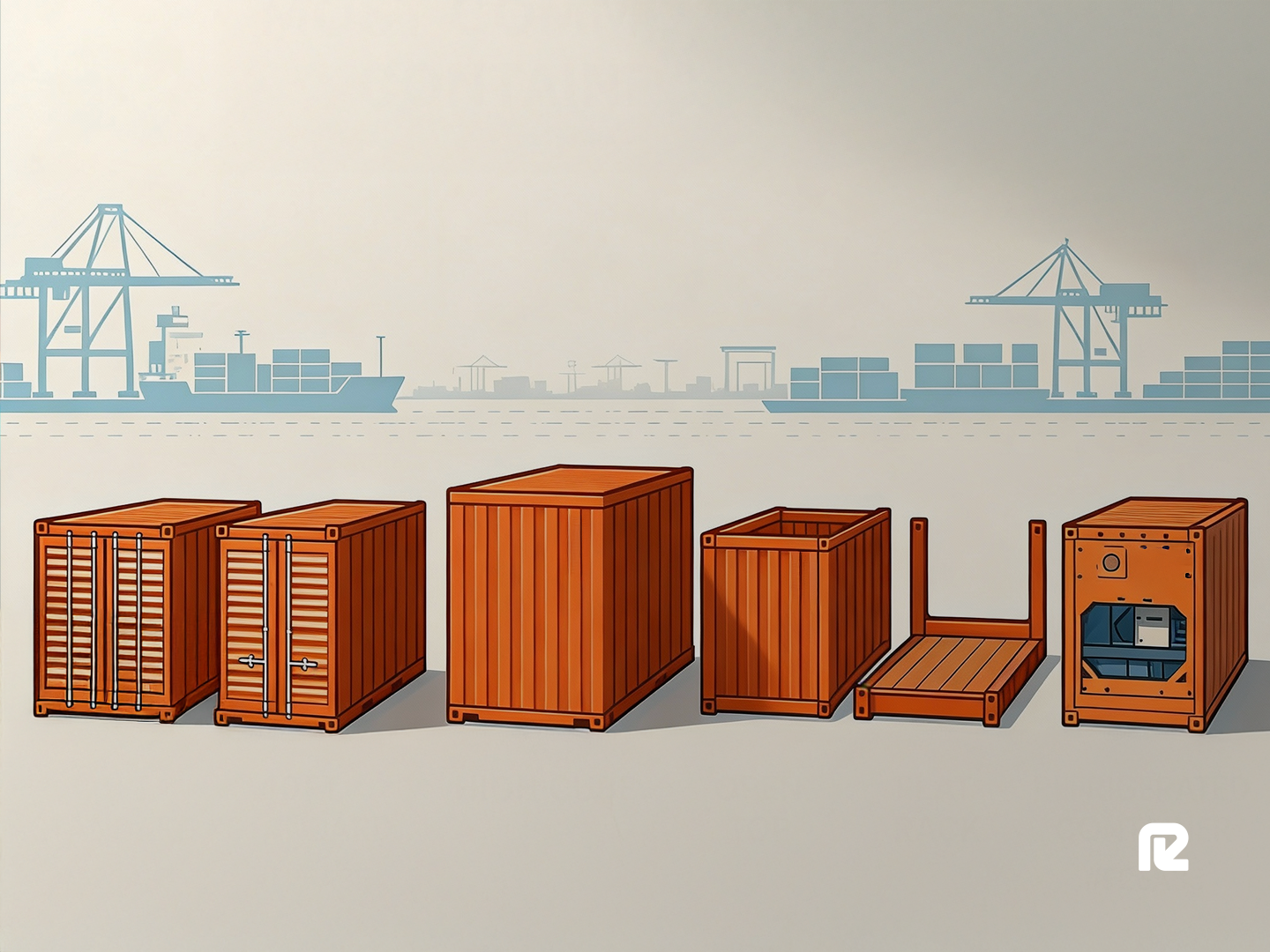Supply Chain Risk Management in Southern Africa: Building Resilient, Cost-Effective Operations


Supply chain operations in Southern Africa can be complex at the best of times. The region throws up challenges you might not expect, including infrastructure gaps, unpredictable border situations, weather events, or port slowdowns. These risks in the supply chain can ripple across industries, causing delays and increased costs.
For logistics managers and supply chain directors, understanding and implementing a strong SCRM strategy is a necessity. At Reload Logistics, we support organizations across the region with tailored risk mitigation strategies that strengthen supply chains and enhance operational continuity.
What is Risk Management in the Supply Chain?
Supply chain risk management is about predicting disruptions and putting controls in place before minor issues become major setbacks, disrupting the flow of goods and services across the entire supply chain. Maybe your supplier can’t deliver, or the border closes unexpectedly. Stakeholders need plans in place, from contingency planning and inventory buffers to adopting resilient transport modes and technology that provides better visibility into supply chain performance.
Why is Supply Chain Risk Management Important?
A solid SCRM plan helps companies anticipate disruptions, adapt quickly, and recover faster, minimizing the cost of unexpected breakdowns.
So, why is supply chain risk management so critical for Southern African businesses? The region’s reliance on long-distance transport, multiple border crossings, and global suppliers makes it especially vulnerable to:
· Delays at key ports like Durban or Beira can cause cascading backlogs
· Cross-border trucking shortages can stall deliveries
· Customs and compliance complexities
· Currency volatility and economic instability
A solid SCRM plan helps companies anticipate disruptions, adapt quickly, and recover faster, minimizing the cost of unexpected issues.
Types of Risks Affecting Supply Chains
1. Global Events - Whether it’s a pandemic, political instability, or a sudden economic shock, global disruptions filter fast into local operations.
2. Supplier Risks Over-reliance or effective on a single supplier, or sourcing from high-risk regions, can expose operations to interruptions if that supplier fails to deliver.
3. Cybersecurity Threats Modern logistics relies on digital systems. A ransomware attack or data breach can halt operations, compromise cargo tracking, or expose sensitive customer information.
4. Demand Fluctuations Sudden changes in demand, especially in agriculture or mining industries, can leave companies with excess stock or insufficient supply, impacting revenue.
Benefits of Supply Chain Risk Management
Effective risk management brings multiple advantages:
· Consistent Operations: Prevents breakdowns in production or delivery.
· Cost Control: Avoids emergency costs due to last-minute re-routing or stockouts.
· Improved Resilience: Enhances the ability to respond and recover quickly.
· Stronger Relationships: Builds trust with customers and partners.
· Regulatory Compliance: Ensures smooth cross-border trade in line with regional policies.
Of course, the Southern African environment brings its own set of challenges:
· Infrastructure that’s often under strain (e.g., poor roads or port congestion)
· Limited visibility into the real-time status of goods and suppliers
· Disconnected data silos that prevent fast decision-making
· A lack of digital investments
Reload Logistics helps overcome these barriers with integrated transport solutions, warehousing, and customs solutions backed by advanced tracking systems and analysis.
Roles and Responsibilities in SCRM
Supply chain risk management isn’t a one-person job, requiring many different teams to work together. Operations and logistics teams monitor day-to-day movements and transit disruptions, procurement diversifies sourcing and suppliers, tech teams implement real-time monitoring and analytics, and partners like Reload Logistics provide region-specific expertise, multimodal flexibility, and on-the-ground insights.
A resilient supply chain isn’t just efficient but also responsible. Efficient routing means less fuel burned, while transparent sourcing ensures compliance with ethical and environmental standards. For mining and agriculture, especially, risk management goes together with long-term sustainability.
Technology Used in Supply Chain Risk Management
Technology plays a central role in identifying and mitigating risk:
· GPS tracking and IoT sensors improve cargo visibility.
· Predictive analytics identify risk patterns before they escalate.
· Automated alerts and dashboards enable faster responses.
What Are Best Practices for Managing Supply Chain Risk?
Managing supply chain risk is a critical part of running a smart, future-ready business. If you want to keep your operations resilient, a few core practices really make all the difference:
- Diversify Your Suppliers
Don’t rely on one supplier. Spreading your suppliers across different geographies and vendors is a proven way to reduce your exposure if something goes sideways.
- Regional Partners
Getting closer to your supply base can pay off. Regional or nearshore suppliers help you cut down lead times and minimize border headaches, which means you can react faster when the unexpected hits.
- Maintain Strategic Inventory Buffers
While lean inventories are efficient, keeping some buffer stock, especially in fast-moving or manufacturing sectors, can be a lifesaver when demand spikes or there are disruptions upstream.
- Increase Vendor Transparency
Invest in vendor tracking systems and conduct regular audits, so you know exactly what’s going on with your partners. It’s a lot easier to manage risk when you’re working with reliable, transparent data.
- Simulate Disruptions
Prepare for the worst before it happens. Running scenario planning and risk simulations helps you identify gaps and develop real contingency plans, so you’re ready to adapt when conditions change.
- Invest in Smart Technology
Manual tracking and outdated spreadsheets just won’t cut it. Modern supply chain management software automates alerts, tracks shipments, and delivers risk analytics so you can act fast when issues arise.
- Perform Regular Risk Assessments
Supply chain risks evolve, and so should your approach. Regular risk assessments let you spot new threats and adapt your strategies before small issues become big problems.
How Reload Logistics Strengthens Your Supply Chain
With a strong track record across Southern Africa, Reload Logistics helps clients:
· Navigate customs and compliance challenges with expert support.
· Use multimodal transport to adapt routes dynamically.
· Leverage our warehousing network for flexible storage and inventory buffers.
· Develop proactive contingency plans to handle disruptions before they impact delivery.
Effective supply chain risk management is about being proactive, not just reactive. It’s about building a resilient operation that’s ready for whatever comes next. With the right partners and forward-thinking strategies, your business can stay lean, agile, and competitive, even in unpredictable markets.
Need a more resilient supply chain? Contact Reload Logistics to discuss tailored risk management solutions for your Southern African supply chain.
Categories






